

Often, an unremarkable game can inspire the most conversation. Though a score of 8 was the height of our passion for Dawn of War: Soulstorm, we spent drunken, ranting hours discussing it. How, we asked, can an RTS come up with a truly satisfying metagame to link its single-player skirmishes together?
Even if it’s got a bucket load of its own problems, MMORTS Saga is a fascinating answer to that question. While faintly shoddy real-time ground combat is its bread and butter, what you’re really playing it for is to make your mark in the world, to conquer territory and build the perfect army. For this, Saga goes straight for the compulsive-play jugular: MMORPG leveling plus Civ-like base master-planning. Plus, most notably, collectable card trading.
Owing a heavy debt to Warhammer, Saga has five broad fantasy factions - orcs, elves, dwarves, giants and dark elves - roughly analogous, but with a few key specialties. The combat is a stripped-down take on Total War’s skirmishes, with the rock, paper, scissors hierarchy of bowmen vs melee vs horse vs pikemen. The crux/gimmick/highlight/lowlight is that your army consists of cards - one for each unit. When you start playing, you’ll have a few cards in your hand, but they’ll be an icky mish-mash of orcs and dwarves and whatever, only a fraction of which you can actually use. Even then, there’s a long road to travel: for instance, you wouldn’t field just a single Ogre Hammerfiend, but rather a group of ten or so, each of which requires his own card.
So you trade with other players, using a crude in-game auction system, but you’ll soon be short on cards. This is because Saga’s economy is really one of cash. While they’re not strictly necessary, to truly get anywhere you’ll need to buy booster packs at $3 a pop. It’s simultaneously an exploitative money-sink, an intriguing alternative to paying a subscription fee, and incredibly compelling, as CCGs tend to be. Those prepared to spend the most money will have something of an advantage, but the game isn’t totally skewed in favour of the rich as most cards in a booster will be of diddly-squat use until traded for something else.

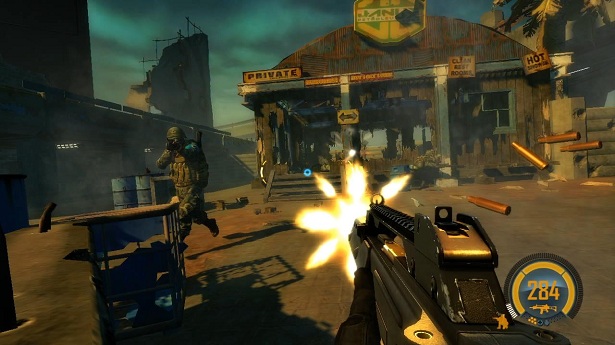
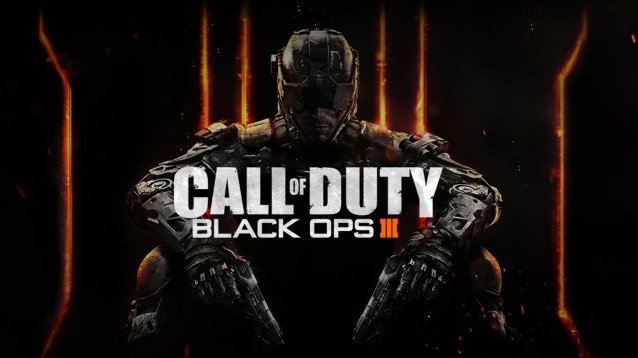

 Manufactured Controversy: Whats Fire Emblem Have to do with Gay Conversion Therapy?
Manufactured Controversy: Whats Fire Emblem Have to do with Gay Conversion Therapy?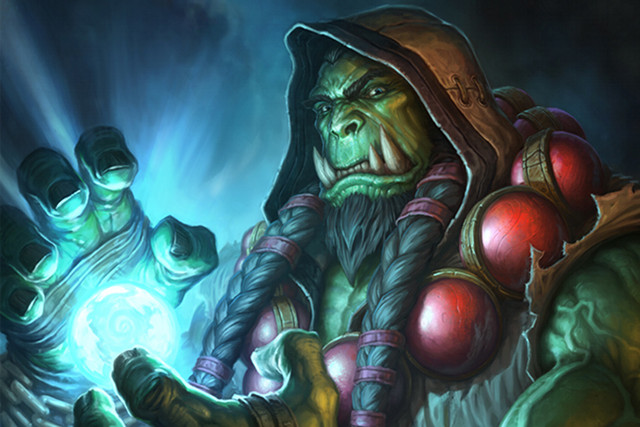 3 Amazing Free-To-Play Decks For Hearthstone: Heroes Of Warcraft
3 Amazing Free-To-Play Decks For Hearthstone: Heroes Of Warcraft Custom Robo Video Game Cheat
Custom Robo Video Game Cheat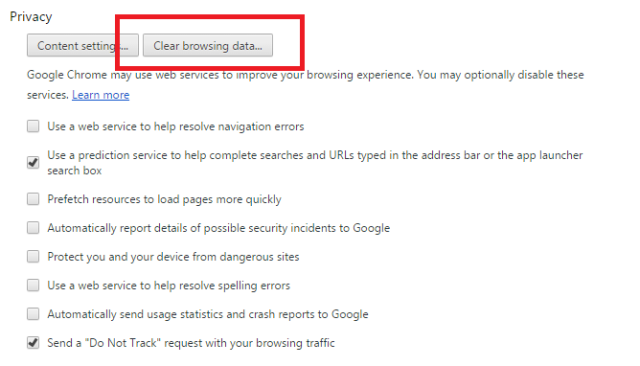 6 Online Security Tips for Travelers and Road Warriors
6 Online Security Tips for Travelers and Road Warriors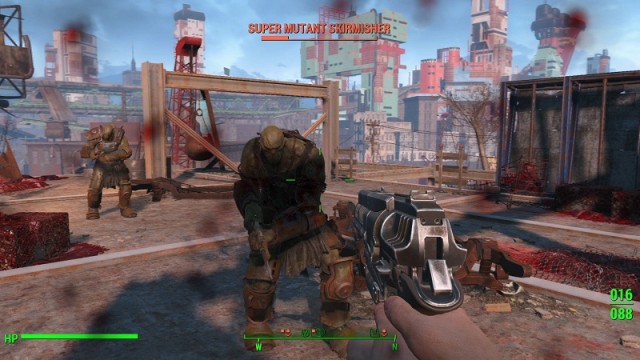 Fallout 4: The Glowing Sea - Find Virgil in the Crater of Atom and Discover Mass Fusion Disposal Site
Fallout 4: The Glowing Sea - Find Virgil in the Crater of Atom and Discover Mass Fusion Disposal Site